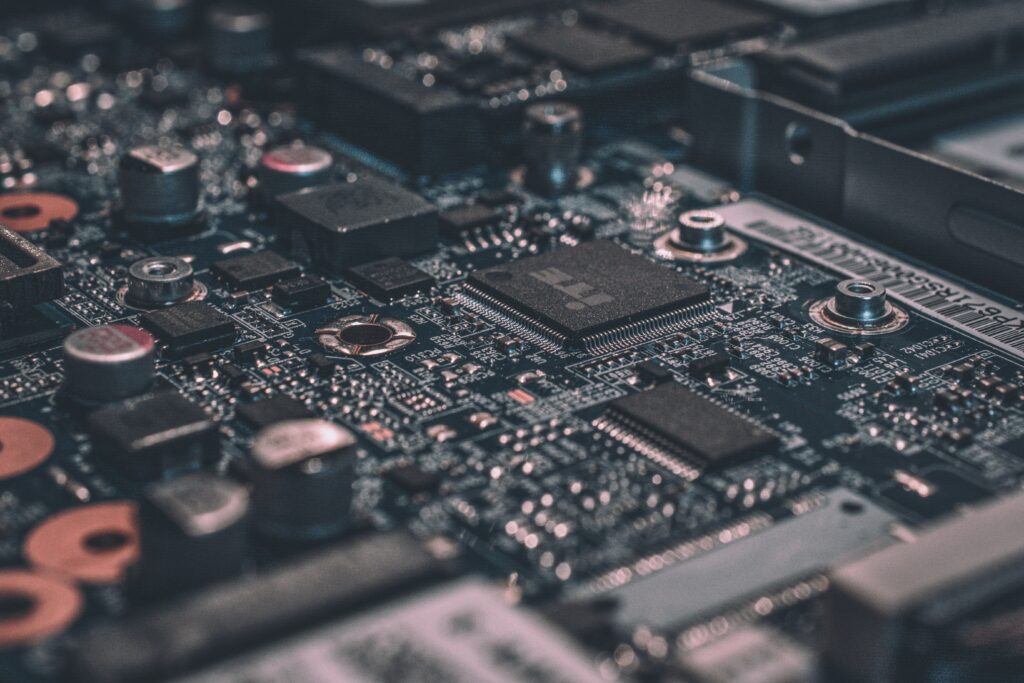Have you ever wondered how facial recognition technology is revolutionizing the way we interact with the world around us? Imagine walking into a store and being greeted by name, or having your favorite coffee ready and waiting for you as soon as you step through the door. These scenarios may sound like something out of a science fiction movie, but thanks to advancements in facial recognition technology, they are becoming a reality.
According to a recent report by MarketsandMarkets, the global facial recognition market is projected to reach $7.7 billion by 2022, with industries ranging from retail to healthcare adopting this cutting-edge technology. Companies like Apple and Google are already using facial recognition to enhance security measures and streamline user experiences.
But what does this mean for our privacy and security? As facial recognition technology becomes more widespread, concerns about data privacy and potential misuse have come to the forefront. Some experts argue that regulations need to be put in place to protect consumer rights and prevent abuse of this powerful technology.
Despite these concerns, the potential benefits of facial recognition technology cannot be ignored. From improving customer experiences to enhancing security measures, the possibilities are endless. As we continue to embrace this technology, it is crucial to strike a balance between innovation and ethical considerations to ensure a safer and more efficient future for all.



